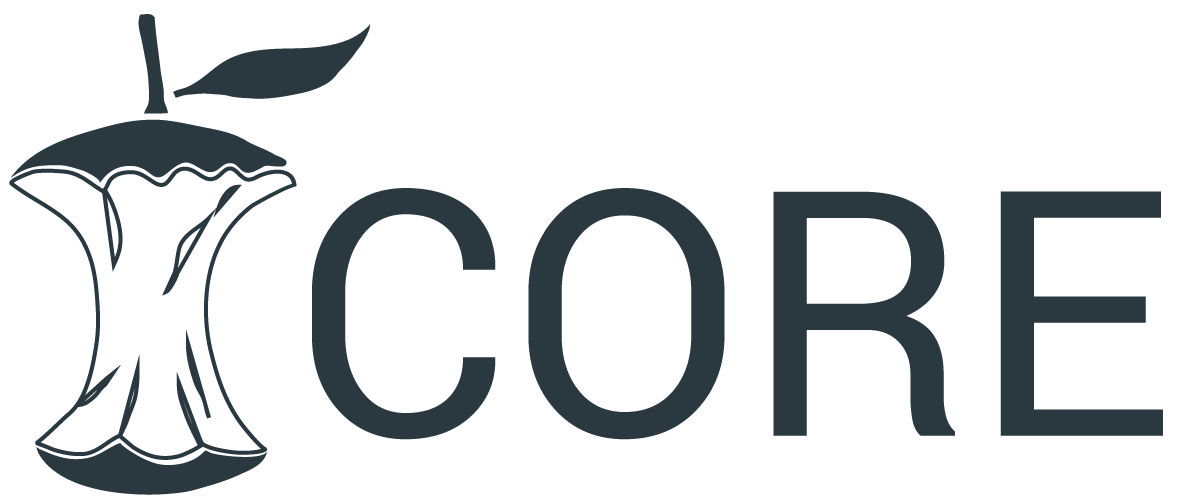“Make-upping” the Suppression”: A Qualitative Inquiry in the Modelling Industry in Sri Lanka
DOI:
https://doi.org/10.54741/mjar.2.5.1Keywords:
emotional labour, modelling, modelling industry, sri lankaAbstract
Because of the rational job environment throughout the industrial period, where emotions would interfere with good judgment, workplace emotions were neglected. The idea of emotional labour, where people traded their emotions for money, has grown significantly with the rise of the service economy. More specifically, in order to enhance job results in the modelling industry, academics are starting to look into how companies manage emotions. Despite the stigma and preconceptions, the sector still endures as a result of the culture that has developed in the Sri Lankan environment, it is rapidly expanding. However, this industry receives relatively little consideration when it comes to performing research. Combining these two, the primary research question of this study attempts to answer is how the Sri Lankan models carry out emotional labour. By employing convenience sampling to choose a sample of female graduates, a series of eight (08) interviews were included since the researchers felt that they were knowledgeable about the phenomenon. Using thematic analysis, the two main themes were found to be "Charming Clients: Turning on the Fascination" and "Building Impressions: Replicating It." Despite the fact that the results were largely consistent with the global context, there were hints of the culture's influence in Sri Lanka. The researcher hopes to draw the conclusion that changing women's perceptions of modelling as a viable career path is necessary.
Downloads

Published
How to Cite
Issue
Section
License
Copyright (c) 2022 A.K.K.R. Jayathilaka, K.P.B. Karunarathne, M.T.S Perera, P.S. Dissanayake

This work is licensed under a Creative Commons Attribution 4.0 International License.
Research Articles in 'Management Journal for Advanced Research' are Open Access articles published under the Creative Commons CC BY License Creative Commons Attribution 4.0 International License http://creativecommons.org/licenses/by/4.0/. This license allows you to share – copy and redistribute the material in any medium or format. Adapt – remix, transform, and build upon the material for any purpose, even commercially.









